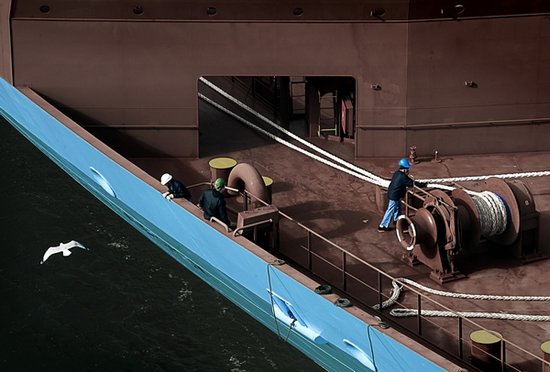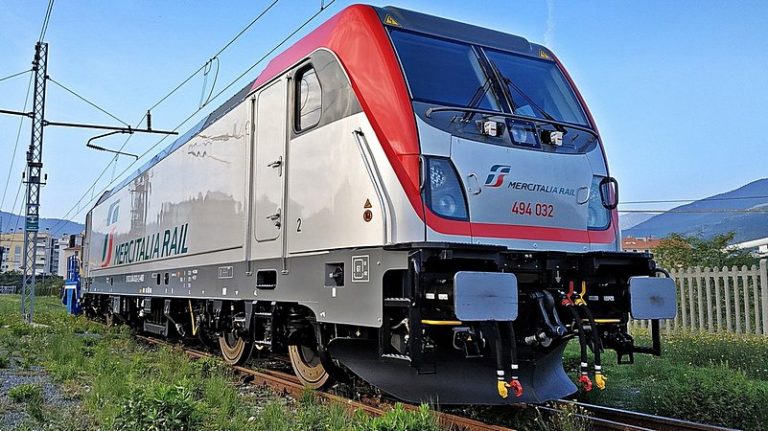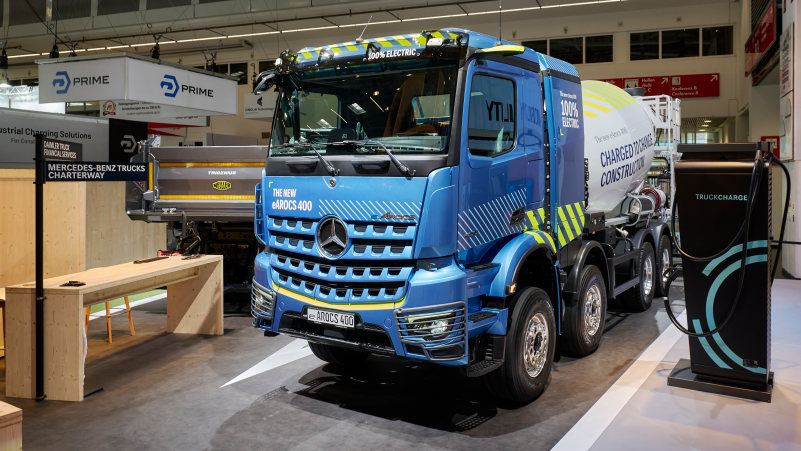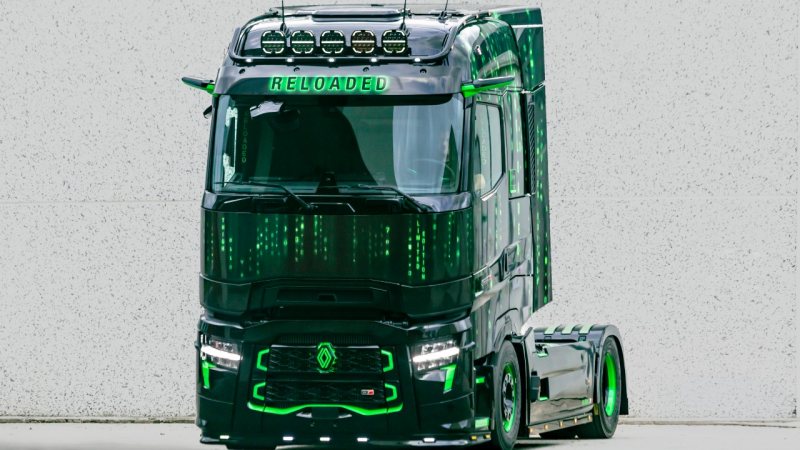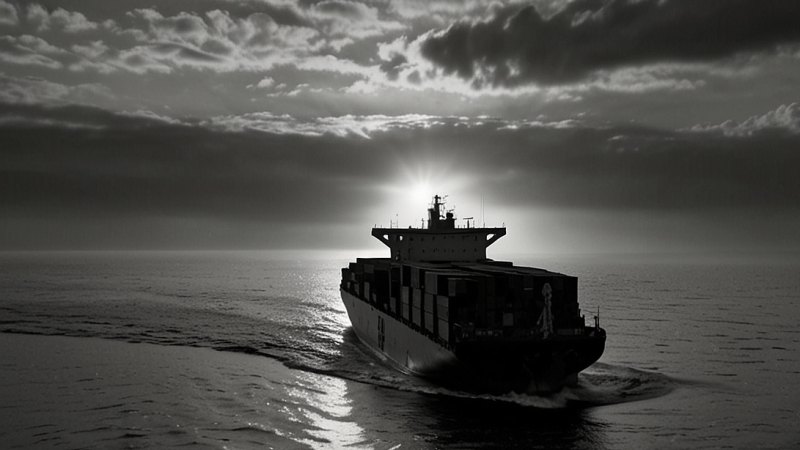The State Railways and Amazon announced on April 5, 2024, an agreement aimed at reducing international road haulage by leveraging rail transport between the distribution centers in Germany and Italy. Initially, rail transport will occur on connections between Duisburg and Pomezia, and between Herne and Verona. FS specifies that in the first case, there will be three trains per week operated by Mercitalia Intermodal, and in the second, six trains per week operated by TX Logistic (both controlled by the FS Group). The railway company estimates that this intermodal transport could reduce CO2 emissions by up to nine thousand tons per year compared to road transport alone.
"Given the particular geographical layout of our country and the connections we have through the Alps, Italy is ideally positioned to be one of the main countries to delve into the benefits and opportunities arising from the growth of the rail intermodal sector," explains Lorenzo Barbo, Managing Director of Amazon Italia Logistica. "Expanding our collaboration with Mercitalia allows us to further develop intermodal and sustainable operations, and to increase the use of railways for freight transport between our European sites. With our usual approach to innovation, also on the theme of intermodal transport, we are working as a company to explore new, more efficient delivery methods, and rail transport is among these. The agreement signed in 2021 between Amazon and Mercitalia was a first important step that helped improve delivery times for our customers and reduce CO2 emissions."
Sabrina De Filippis, Managing Director of Mercitalia Logistics, adds that "the rail connections to and from Germany are part of our strategic plan, in line with the European goal of having 30% of goods transported by train by 2030. We are constantly engaged in adopting advanced technologies in our initiatives, such as digital automatic coupling of freight wagons or the digitalization of warehouses, which help reduce emissions associated with logistics operations while still ensuring high-quality service. In 2022, thanks to our integrated sustainable logistics model, we were able to avoid greenhouse gas emissions of approximately 1.8 million tons across our operations."


